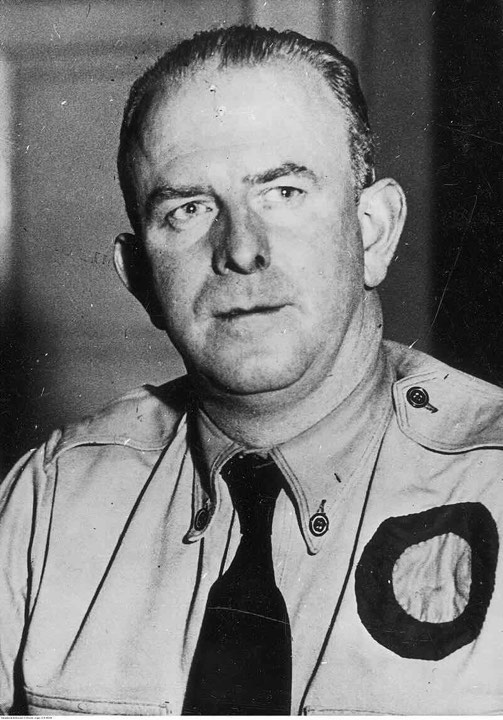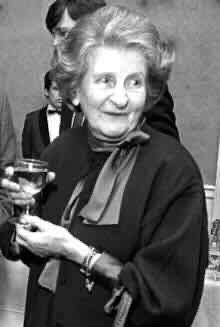- January 1, 1
The National Army, sometimes unofficially referred to as the Free State army or the Regulars, was the army of the Irish Free State from January 1922 until October 1924. Its role in this period was defined by its service in the Irish Civil War, in defense of the institutions established by the Anglo-Irish Treaty.
Michael Collins
Michael Collins was the army’s first commander-in-chief until his death in August 1922.
The army made its first public appearance on 31 January 1922, when command of Beggars Bush Barracks was handed over from the British Army.
Its first troops were those volunteers of the Irish Republican Army (IRA) who supported the Anglo-Irish Treaty and the “Provisional Government of Ireland” formed thereunder.
Conflict arose between the National Army and the anti-Treaty components of the IRA, which did not support the government of the Irish Free State. On 28 June 1922 the National Army commenced an artillery bombardment of anti-Treaty IRA forces who were occupying the Four Courts in Dublin, thus beginning the Irish Civil War.
The National Army was greatly expanded in size to fight the civil war against the anti-Treaty IRA, in a mostly counter-insurgency campaign that was brought to a successful conclusion in May 1923. From 1 October 1924, the Army was reorganized into a smaller, better regulated force; the term “National Army” was superseded by the legal establishment of the Defence Forces as the Irish Free State’s military force.
The British supplied artillery, aircraft, armored cars, machine guns, small arms and ammunition to the National Army.
Limerick Offensive
Michael Collins, Richard Mulcahy and Eoin O’Duffy planned a nationwide offensive, sending columns overland to take Limerick and Waterford and seaborne forces to Counties Cork, Kerry and Mayo.
The only true conventional battle during the offensive was the Battle of Killmallock.
Collins was killed in an ambush by IRA forces at Béal na Bláth in County Cork on 22 August 1922; General Richard Mulcahy then took command.
 ← Eoin O'Duff becomes leader Blueshirts
← Eoin O'Duff becomes leader Blueshirts Molly Keane, born →
Molly Keane, born →